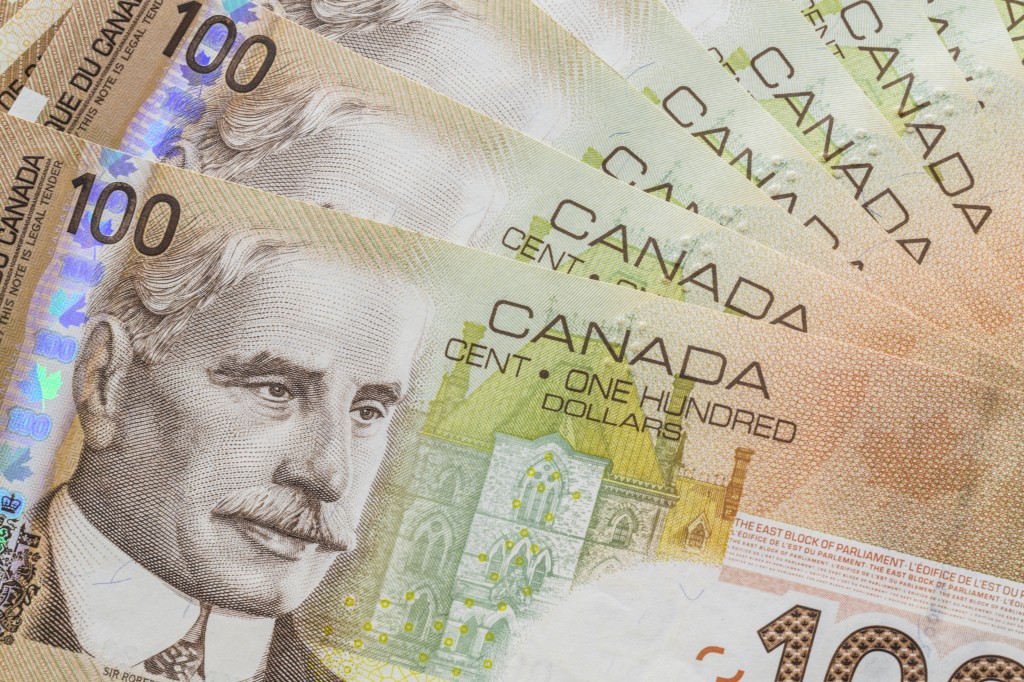Buy a house with cash or mortgage?
Debra isn't sure if she should use her savings to purchase a house or do renovations
Advertisement
Debra isn't sure if she should use her savings to purchase a house or do renovations

 Nawar Naji is a licensed mortgage broker with Mortgage Architects in Toronto, Ontario. He has been brokering since 2007, helping clients finance homes and investment properties.
Nawar Naji is a licensed mortgage broker with Mortgage Architects in Toronto, Ontario. He has been brokering since 2007, helping clients finance homes and investment properties.
 Steve Garganis is a mortgage broker at Mortgage Intelligence and editor of CanadaMortgageNews.ca.
Steve Garganis is a mortgage broker at Mortgage Intelligence and editor of CanadaMortgageNews.ca.
 Romana King is the senior editor and real estate specialist at MoneySense. She is also a licensed real estate sales agent. Follow her on Twitter (@RKHomeowner) or on Facebook. If you have real estate concerns or questions, please email Romana directly at [email protected] or call her on her direct line at 416-764-1382.
Romana King is the senior editor and real estate specialist at MoneySense. She is also a licensed real estate sales agent. Follow her on Twitter (@RKHomeowner) or on Facebook. If you have real estate concerns or questions, please email Romana directly at [email protected] or call her on her direct line at 416-764-1382.
Share this article Share on Facebook Share on Twitter Share on Linkedin Share on Reddit Share on Email